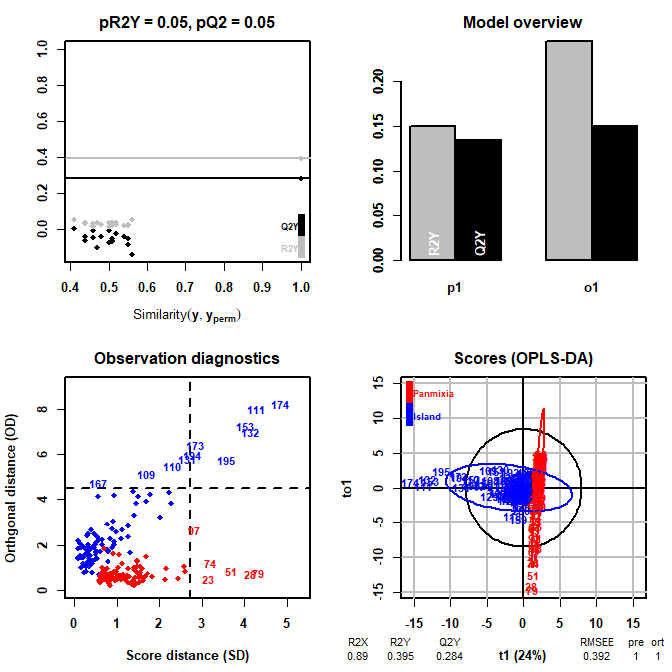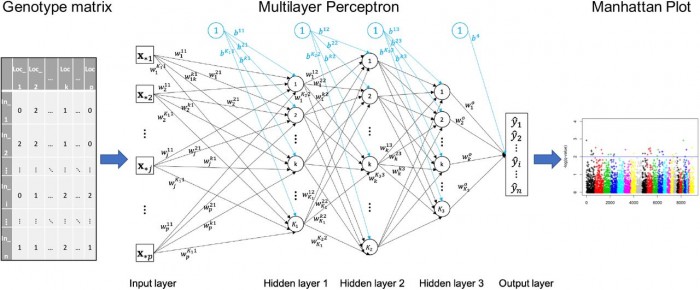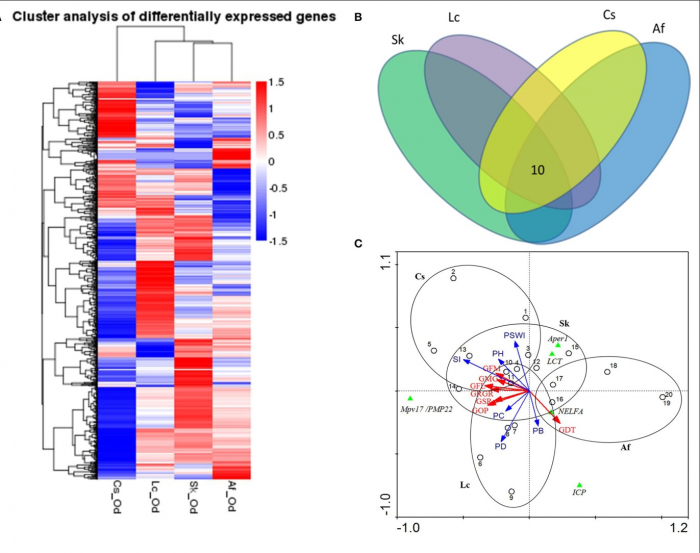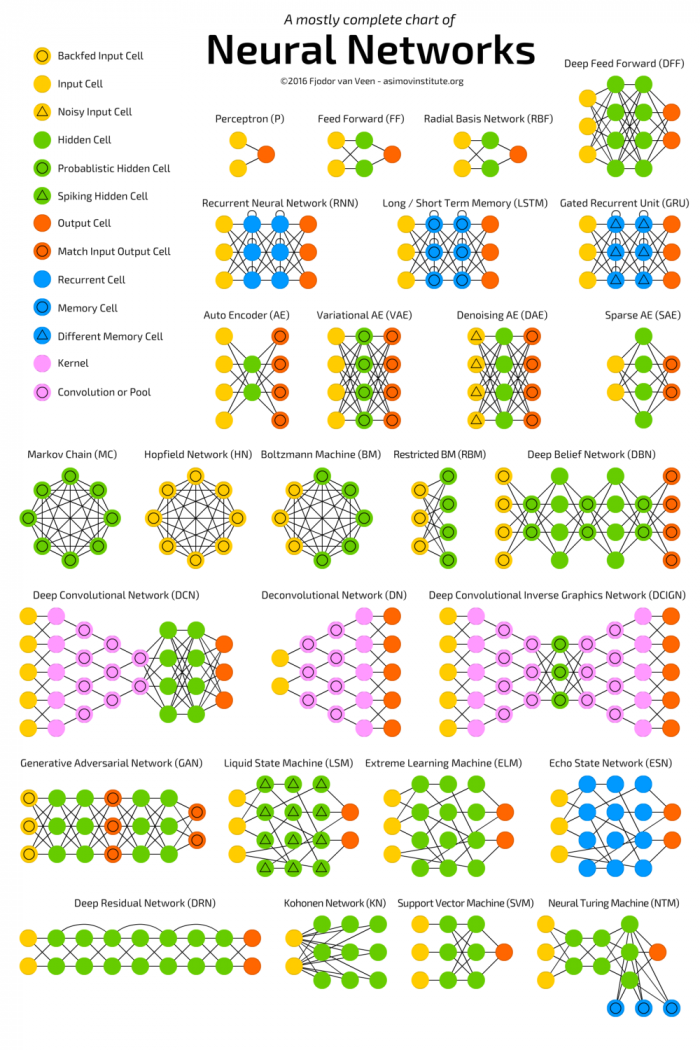The Qin Lab -Lab of Machine Learning in Ecology, Evolution and Population Genomics lies in the intersection of ecology, genetics and evolution where we use statistical and machine learning tools to better understand how are genetic and phenotypic variation originated, developed and maintained.
Research Directions
Qin lab is at the interdisciplinary center of statistics, population genetics, ecological evolution, biodiversity, and artificial intelligence. We focus on applying cutting-edge interdisciplinary methods to better understand the genetic variation, adaptive evolution, and molecular genetic basis of complex traits, ultimately aiming to comprehend the origin, development, and maintenance of biodiversity (from genetic diversity to species diversity).
(1) Development and application of machine learning and deep learning in population genetic evolution, multi-omics, and related fields.
Utilizing machine learning to decipher the geographic genetic structure in population genomics data (KLFDAPC, Qin et al. 2022), developing methods for inferring natural selection (DeepGenomeScan, Qin et al. 2022), and establishing precision medical diagnostic methods based on machine learning and disease comorbidity.
(2) Inference of population genetic evolution based on information theory.

Information theory serves as the foundation for population genetics, bioinformatics, and machine learning. Utilizing information statistical measures to infer specific population evolutionary processes by detecting sensitivities to different genetic variations (Qin et al. 2022), proposing new theories and statistical methods for deciphering genetic evolution.
(3) Identification of species molecular ecological adaptive genes using multi-omics techniques and approaches, discovering gene pathways and functions related to species phenotypes and adaptiveness, and revealing the genetic evolutionary mechanisms of species adaptability (Qin et al. 2017a, 2017b, 2019).
(4) Research on the geographic origins, population migration, dispersal, and differentiation history of migratory species based on next-generation artificial intelligence bioinformatics technology.







